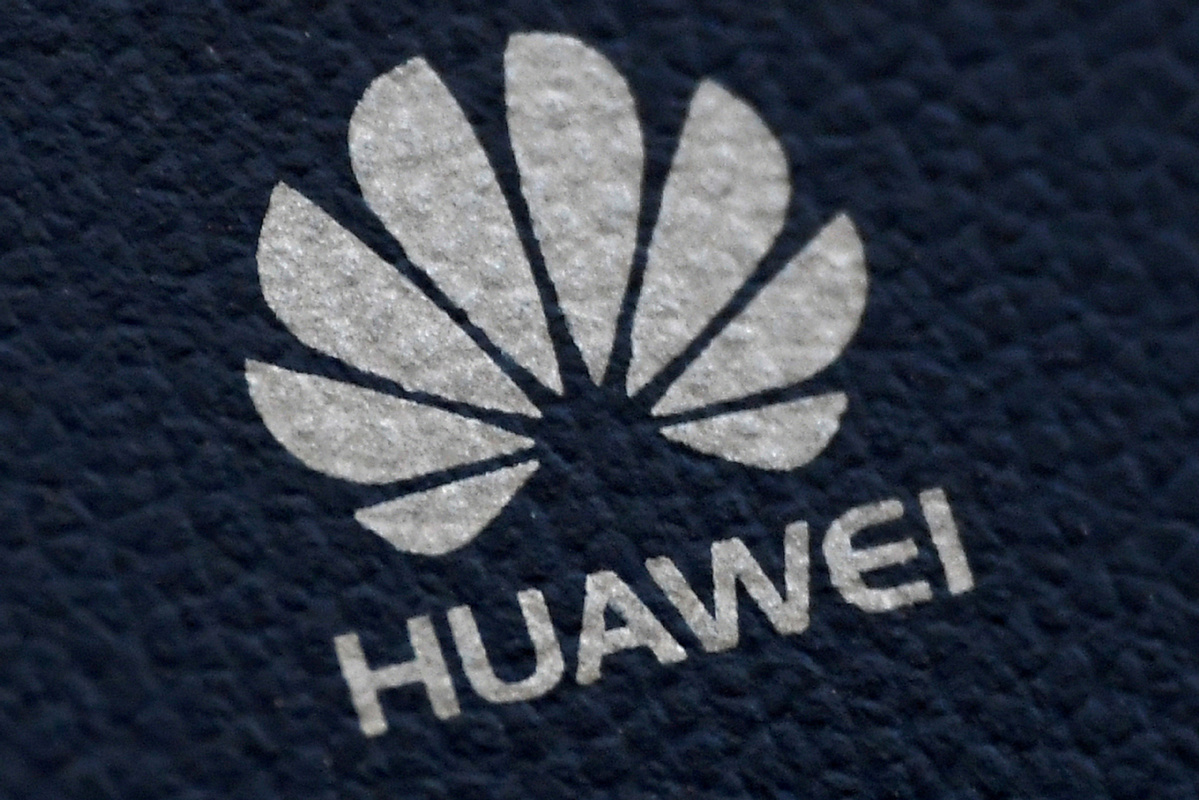New US curbs on Huawei firmly opposed






Washington exercises 'naked hegemony' by imposing restrictions on China firms
The United States government's tightening curbs on Huawei Technologies Co will close the door of a billion-dollar business to US companies and meanwhile drive China to develop key technology and make further breakthroughs, experts said on Tuesday.
The US Commerce Department issued new rules on Monday to expand restrictions on Huawei by limiting its access to components produced by non-US companies using American technology. It also added another 38 Huawei affiliates to its economic blacklist. Huawei did not immediately respond to the news.
"These broad restrictions on commercial chip sales will bring significant disruption to the US semiconductor industry," said John Neuffer, president and CEO of the US Semiconductor Industry Association, an organization that represents 95 percent of the US semiconductor industry.
Neuffer said in a statement that the association is surprised and concerned by the administration's sudden shift from its prior support of a more narrow approach intended to achieve stated national security goals while limiting the harm to US companies.
"We reiterate our view that sales of nonsensitive, commercial products to China drive semiconductor research and innovation here in the US, which is critical to America's economic strength and national security," he added.
"The further curbs from the US are lose-lose decisions. Imposing restrictions on a number of Chinese tech companies will bring no benefits to their US counterparts, and will result in sharp revenue losses," said Wang Peng, an associate professor at Renmin University of China's Hillhouse Academy research institute.
China is firmly opposed to the US crackdown on Chinese companies, Foreign Ministry spokesman Zhao Lijian said on Tuesday.
The US has been exercising "naked hegemony" by imposing various restrictions on Chinese companies, including Huawei, without providing any solid evidence, Zhao said.
What the US has done has thoroughly challenged the market economy and fair competition principles that it has always been boasting about, violated international trade rules and disrupted global supply chains, and will ultimately damage the US' own interests and image, Zhao said.
Under the new rule, when Huawei and its affiliates on the list "act as a purchaser, intermediate consignee, ultimate consignee, or end user", they are required to obtain a license from the US government.
"The further curbs this time basically block the way for Huawei to directly purchase chips from other chip manufacturers that use US technology," said Jia Mo, an analyst at market research company Canalys.
The US government put Huawei on its Entity List in May 2019 and said US firms were required to obtain a license before exporting domestically produced chips and software to the company. In May of this year, Washington expanded these rules by requiring contract chip producers anywhere in the world that use US semiconductor equipment and technology to obtain its approval before producing chips designed by Huawei's subsidiary HiSilicon.
Speaking at a conference on Aug 7, Richard Yu, president of Huawei's consumer unit, said 2020 may be the last year of production for HiSilicon's Kirin high-end chips due to US sanctions.
According to a post on the Chinese social media platform Sina Weibo, Huawei recently launched the Tashan Project to partner with domestic companies to build a US-technology-free chip production line. Huawei did not confirm this information.
"When more orders move to local firms which develop electronic components, they will gather more attention and investment, which these domestic companies will further leverage for the research and development of core technologies," said Wang from Renmin University of China, who conceded that there is a gap between Chinese manufacturers and world-leading companies.
































